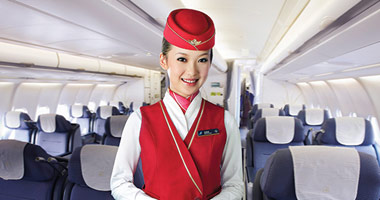There are two motivations for people at a refugee rally, those who connect directly with a sense of discrimination and injustice, then those who feel directly the plight of the refugees themselves.
I didn't know what I hoped to achieve by attending the rally in Melbourne, I just wanted to be counted and blurting outrage on social media wasn't going to cut it. Marching in Bourke St felt like real action, even if it it really isn't.
Governments in Australia have a very poor record of heeding protests, and if 600,000 people marching failed to precipitate an apology to our indigenous or a rethink on the Iraq War, then how would a few hundred gathering in the rain lead to any real action?
What took me by surprise was the emotion of the experience. It caught me off guard because my outrage was rational and ethical, not personal. Standing on the edges I could barely hear the speeches, and didn't really care. My mind had begun to wander with contemplation of the people we're here to support, and what their lives are like.
And it turned out that for me it is personal, I really can put myself in their shoes. I can feel their sense of homelessness, their sense of isolation, their sense of hopelessness. These are people adrift in the world, in every possible sense.
Until you've been homeless, stateless and lived without a safety net you cannot begin to imagine the emotional journey that your average refugee has undertaken. That doesn't mean you should't try however. Cast into the ocean in search of a new home is far from the worst thing they have faced in life. The more I contemplated their noble desperation the more meaning I drew from the rally.
These rallies will do absolutely nothing to alter the course of debate in Australia, but they will do everything to help us through a dark night in our own lives. Hundreds of people from Melbourne have gathered because they care, because they are custodians of compassion. It was a gathering of humanity and something we can be proud of.
Our media is filled with the destruction of sanity. But out on the steps of Victoria's State Library, walking the tram tracks of Bourke St and outside the Immigration Dept a chorus of voices came together to remind ourselves that there is a better way to live our lives. A chorus that speaks in the hope that refugees may have a better life too.
Being part of the rally helped me to feel better about the country I live in, knowing that there really are people with morals above those of our current political leaders. If you only saw Australia through our own media this week you would think it was a country where people care more about protecting tax rorts than asylum seekers.
Well the media can go fuck itself. Collectively they are a mob of shameless dolts who put their pursuit of profitable headlines ahead of the nation that feeds them, ahead of their own decency, and ahead of our most vulnerable. Those few examples of reasoned debate are inevitably drowned out by the stupid.
That battle was lost a long time ago, and maybe the battle for humane treatment of refugees is also lost for now.
At least I have something positive to walk away with today. On a bleak and miserable winters day in Melbourne a cohort of caring souls came out to embrace kindness, humanity and compassion. That's the part of Australia that I love the most, and that I hope to see more of in the years ahead.




